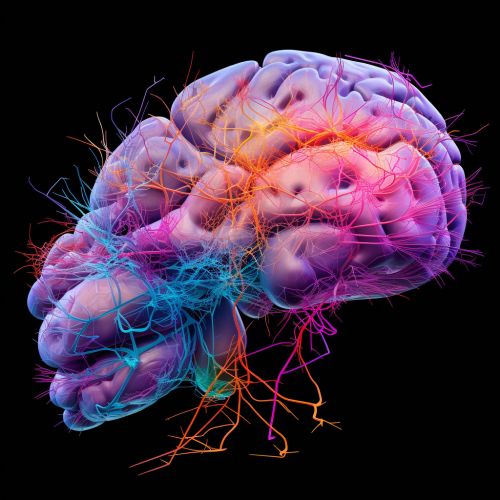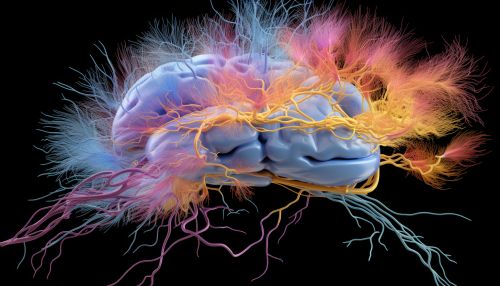Cognitive Neuroscience of Cognitive Functions in Aging
Introduction
Cognitive neuroscience is a branch of neuroscience that studies the biological processes that underpin cognitive functions. In the context of aging, it focuses on how these processes change over time and how these changes affect cognitive abilities. Cognitive functions include processes such as memory, attention, perception, language, problem-solving, and decision-making. As individuals age, changes in these cognitive functions can be observed. This article will delve into the cognitive neuroscience of cognitive functions in aging, providing a comprehensive and detailed analysis of the topic.
Cognitive Functions and Aging
Aging is a natural process that brings about changes in various aspects of human life, including cognitive functions. Cognitive functions refer to the mental processes that allow us to carry out any task. They include memory, attention, perception, language, problem-solving, and decision-making. As we age, these cognitive functions can undergo changes, which can be either positive or negative. Cognitive aging is a term used to describe the age-related changes in cognitive functions.


Neuroscience of Cognitive Aging
Cognitive neuroscience is a branch of neuroscience that focuses on the neural mechanisms underlying cognition. It combines the principles of psychology and neurobiology to study memory, perception, and learning. The cognitive neuroscience of aging is a subfield that investigates the changes in cognitive functions as individuals age. This involves studying the structural and functional changes in the brain that occur with age and how these changes affect cognitive abilities.
Structural Changes in the Aging Brain
The aging brain undergoes several structural changes that can affect cognitive functions. These include the shrinkage of certain brain areas, changes in the white matter, and the loss of synaptic connections. For instance, the hippocampus, a region of the brain involved in memory formation, tends to shrink with age, which can lead to memory impairments. Similarly, changes in the white matter can affect the speed and efficiency of neural communication, impacting various cognitive functions.
Functional Changes in the Aging Brain
Along with structural changes, the aging brain also experiences functional changes. These changes can be observed through neuroimaging techniques such as functional magnetic resonance imaging (fMRI). For example, older adults often show a pattern of brain activity known as HAROLD (Hemispheric Asymmetry Reduction in Older Adults), indicating a less asymmetrical activation of the prefrontal cortex. This is thought to reflect a compensatory mechanism to counteract the effects of aging on cognitive functions.
Cognitive Reserve and Aging
Cognitive reserve is a concept that refers to the brain's ability to resist damage and maintain functionality. It is believed to play a significant role in determining individual differences in cognitive aging. Factors such as education, occupation, and engagement in cognitively stimulating activities can contribute to cognitive reserve and help mitigate the effects of aging on cognitive functions.
Impact of Aging on Specific Cognitive Functions
Different cognitive functions can be affected differently by aging. For instance, episodic memory and working memory often show a decline with age, while semantic memory and procedural memory tend to remain stable. Similarly, attentional capacities can also be affected by aging, with older adults often experiencing difficulties in tasks that require divided attention or selective attention.
Cognitive Interventions for Aging
Given the impact of aging on cognitive functions, various interventions have been developed to help maintain cognitive health in older adults. These include cognitive training programs, physical exercise, and dietary interventions. Cognitive training programs, for instance, aim to improve specific cognitive functions such as memory or attention through targeted exercises.
Conclusion
The cognitive neuroscience of cognitive functions in aging is a complex and multifaceted field. It involves studying the changes in the brain that occur with age and how these changes affect cognitive abilities. While aging can lead to declines in certain cognitive functions, strategies such as cognitive training and maintaining a healthy lifestyle can help mitigate these effects and promote cognitive health in older adults.
